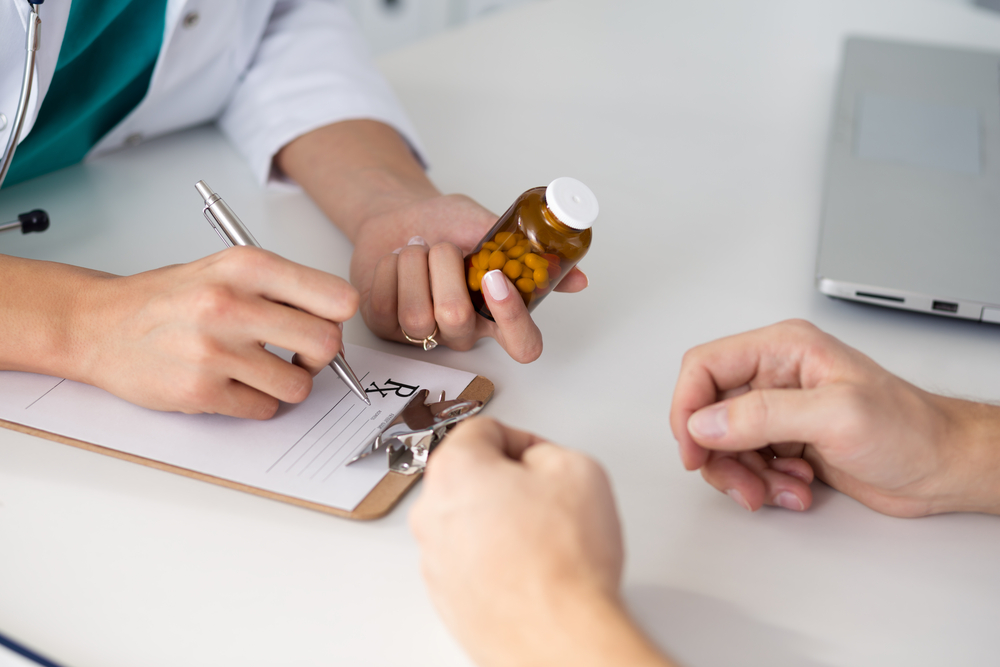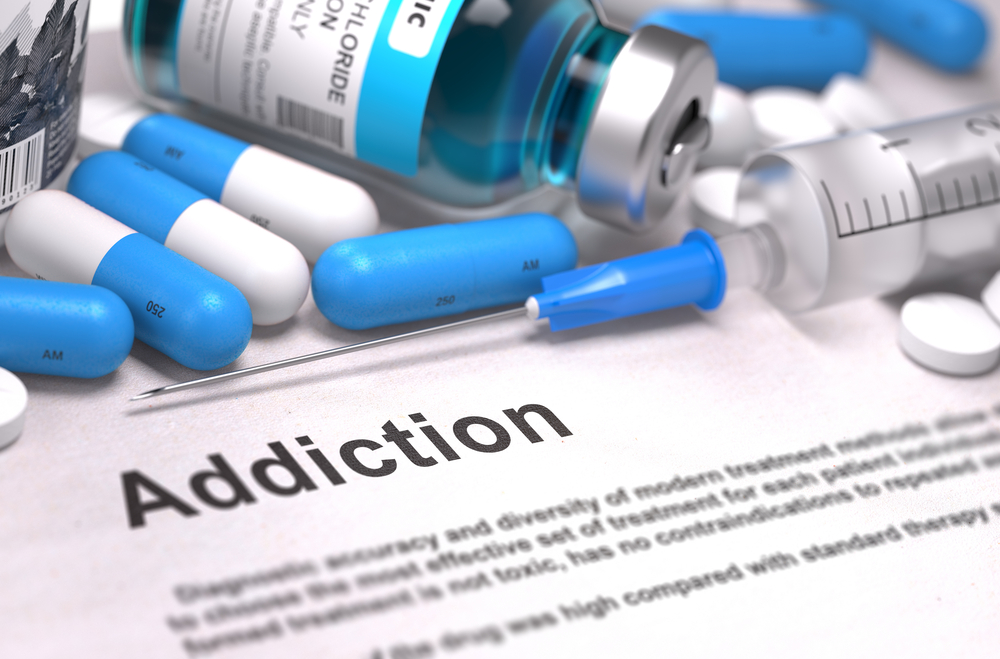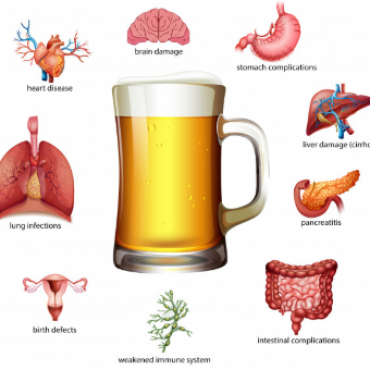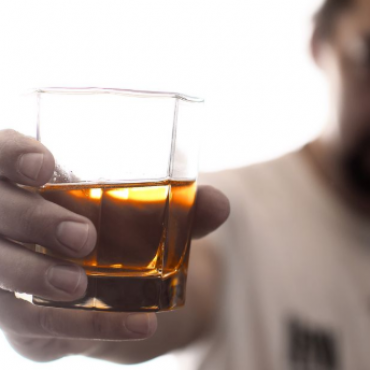Using medications to treat substance abusers has its critics, but in several cases, they’ve been effective. Roughly eight million people in the United States currently meet the diagnostic criteria for alcohol dependence and another six million or more meet the criteria for alcohol abuse.
Alcohol addiction is considered as one of the major public health problems and is ranked as the 4th leading cause of disability. Addiction treatments are showing extensive progresses since last several years. The use of cognitive behavioral therapy, including a stage of change model; skills training; motivational enhancement techniques, and integrated treatment for patients with co-occurring disorders have shown effective results to increase positive results and outcome in addiction treatment. 
Drug Withdrawal and Detox
During the initial stages of recovery, the body needs to rid itself of drugs. It is called the detox period. Detoxification can last many days to several weeks depending on the type of drug. Fighting with withdrawal symptoms is one of the most challenging parts of detox. During detox, drug users experience many uncomfortable symptoms, some of these may include:
- Anxiety
- Muscle aches
- Nausea
- Depression
- Sweating
- Seizures
There are different medications that are used to treat different withdrawal symptoms. Some of the common drugs that physicians generally prescribe for detox are:
- Benzodiazepines-These drugs reduce the irritability and anxiety. Anxiety is a more common symptom of withdrawal from drug like cocaine and opiates like heroin etc.
- Antidepressants- Without drugs, any addicted person can’t produce natural amounts of happiness-inducing chemicals in their brain. Because addicted person mainly rely on drugs to keep them happy for long. People in detox often experience depression. Antidepressants like Prozac and Zoloft can help relieve these feelings until the brain is able to produce happiness.
- Clonidine- Clonidine helps in treating alcohol and opiate withdrawals. It reduces sweating, muscle aches, cramps, anxiety, and also helps to stop tremors and seizures.
Alcohol Addiction Medications
Alcohol consumption since long on a regular basis can increase the difficulty of a withdrawal symptoms, lasting anywhere from days to months. This phenomenon is known as prolonged or post-acute withdrawal syndrome (PAWS). These medications generally come as a tablet that patients take each day.
Medications for alcohol addiction include:
- Naltrexone (Vivitrol)
- Acamprosate (Campral)
- Disulfiram (Antabuse)
Heroin and Opiate Addiction Medications
Opiates include morphine, heroin, and narcotic painkillers like Oxycontin. Heroin and Opiates medications help to ease withdrawal symptoms and frequent craving. These medications are generally provided in the form of a tablet on a daily basis. Few people experience these withdrawals as little as for a week or two, while others may have long-term withdrawal symptoms. The symptoms of withdrawal may last for months or years in some cases.
Addiction medications for heroin and painkillers include:
- Methadone
- Buprenorphine (Suboxone)
- Naltrexone
Medical Detox and Rehab
Few people choose to detox on their own. It is not only harder but also considered as more dangerous than detoxing with a doctor. A medical detox is known as the best way to get sober in a safe, comfortable environment. For people, who are addicted to alcohol or benzos, a medical detox is a must.
A supervised detox helps to alleviate health issues. Physicians track the patient’s breathing rate, heart rate, temperature and fluid levels. Physicians help relieve any discomfort that the patient may be experiencing. They also adjust medication doses according to the patient’s needs and make long-term plans for the medication. People with personal health problems should also look for medical detox. Withdrawals can complicate the health problems like high BP. Your physician can prevent you from any of such issues. Detox is often an integral part of inpatient rehabs. In most cases, inpatient rehab takes 60 to 90 days; the first week consists of closely observed detox. Rehab also includes other treatments, such as behavioral therapy to make the recovery process more successful.



